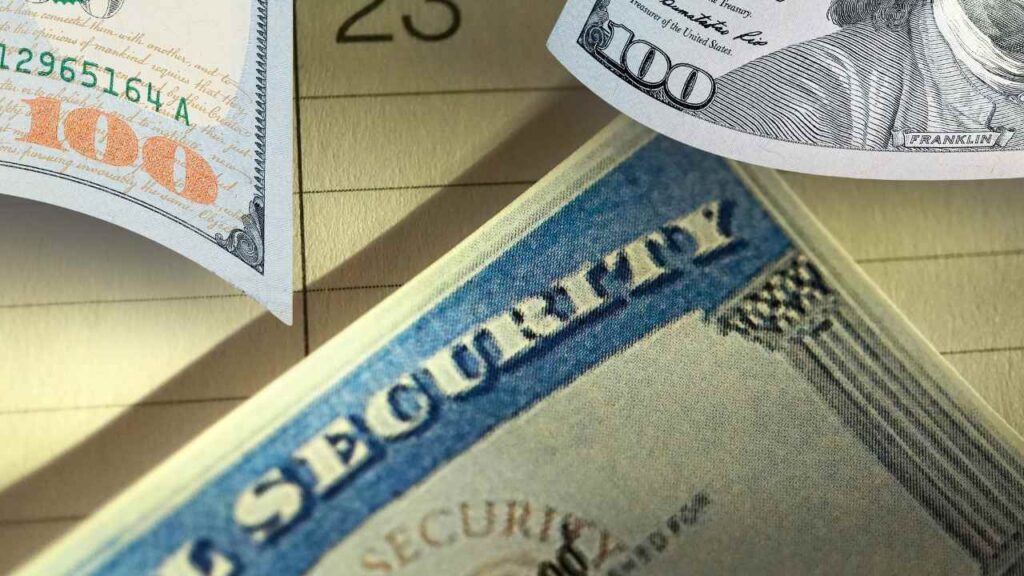For millions of retirees in the USA, September 2025 is an important month for Social Security. Distribution of the payment followed the pattern used to spread the payments across the month.
Still, for many of the recipients, the second Wednesday- September 10, 2025– is the day they get paid. This date applies to people whose birthdays fall between the 1st and the 10th of any month. For this group, the September payment reflects their years of paying in, plus the cost of living adjustment that boosted average retiree benefits to nearly $1,976 a month in 2025.
Why does Social Security payment change for everyone
Of course, individual amounts vary. A person who first filed for retirement at age 62 may get around $2,831 at the maximum level. Others who waited until their full retirement age- currently 66 or 67 years old, depending on their year of birth- could get up to $4,018. The top benefit, for those who delay the filing until age 70, is $5,108 a month.
This shows why some retirees choose not to file, even if waiting three, four, or five years still takes them away from work and other sources of income. After outlining the second Wednesday group, it is worth looking at how other retirees fit into the calendar for September.
Those who have been receiving benefits since before May 1997 fall into a special category. Their benefits are not tied to their birth date. Instead, their benefits are paid on a set schedule: September 2025, Wednesday, September 3.
This has been in place for many years, so the first recipients of the ongoing program had this day- the first Wednesday in September- as their payday. The next group includes those who filed for benefits after the start of the ongoing program and who have birthdays that fall between the 11th and the 20th of any month.
For them, the benefit was paid on September 17, the third Wednesday of the month. The final group includes those who filed for benefits after the start of the ongoing program and who have birthdays that fall between the 21st and the 31st of any month. They received their pay on September 24, the fourth Wednesday of the month.
Where to call is your Social Security payments are delayed
So, your Social Security check is late? It’s an incredibly stressful situation, and that first moment of checking your account balance to find nothing can really send a wave of panic. Before you jump to the worst conclusion, take a deep breath.
The most common culprits are often simple delays in the banking system or a holiday that shifted the payment date. Your very first move should be to cross-reference the calendar with the official Social Security payment schedule—it’s easy to forget that a federal holiday can bump a deposit to the next business day.
Give it a solid three full business days before you officially declare it missing; this waiting period resolves the vast majority of these nerve-wracking incidents.
If that grace period passes and the funds are still nowhere to be found, it’s time to move from waiting to active troubleshooting. Your primary and most effective point of contact is directly with the Social Security Administration themselves.
Be prepared for a potentially lengthy hold time, but calling their national toll-free number at 1-800-772-1213 is your surest bet for a direct answer. Have your Social Security number handy, and if you can, get ahead of the curve by first logging into your personalized my Social Security portal online.
This account often holds clues—like a missing payment trace or a notification about a required review you might have missed. For those who still receive paper checks via mail, remember to consider postal service delays and seriously contemplate switching to direct deposit; it’s far more secure and reliable, eliminating the worry of a check getting lost or stolen somewhere between the government and your mailbox.
